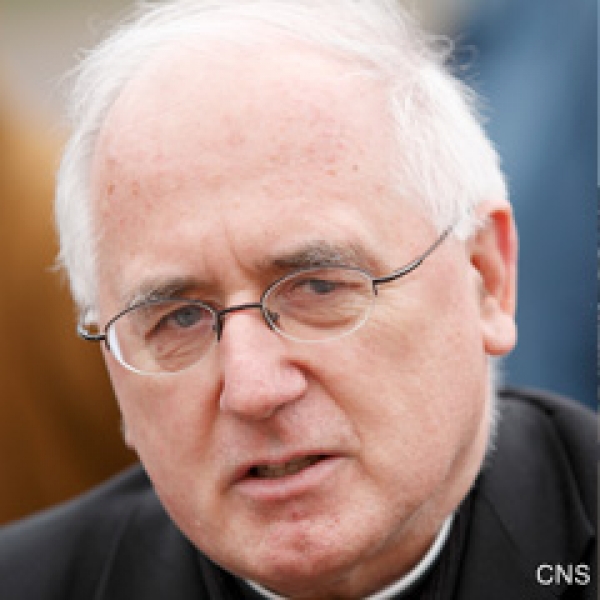OTTAWA - Canadian Catholics will begin using the new English translation of the Roman missal on the first Sunday of Advent, Nov. 27.
The Canadian Conference of Catholic Bishops (CCCB) made the announcement April 4, after receiving recognitio for all sections of the revised missal for use in Canada.
"The news of the recognitio is a great day for the Canadian Church and for the future of our Catholic worship here," said Ottawa Archbishop Prendergast, a member of the Vox Clara, a committee appointed by the Holy See to give advice on the translation as it was voted upon by bishops’ conferences in the English-speaking world.
Prendergast noted other English-speaking countries will also introduce the new missal this Advent. Since so many Canadians travel regularly to and from the United States, he predicted not starting at the same time would have resulted in "liturgical chaos."
"Given all the work that went into this and all the consultation around the world with bishops and their advisors, I believe this is a consensus document and an extraordinary achievement, despite the naysayers," he said. "Our people will love it, though it will take some time to adjust to the new formulas. People will need to be patient with their priests as they adjust to a new style of liturgical prayer."
The bishops' National Liturgy Office director Fr. Bill Burke also believes the response will be positive. He has been holding workshops around the country since last summer and finds 90 per cent of participants appreciate the new translation once they have heard the prayers proclaimed by someone familiar with them, and "much of the angst was diffused," he said.
Burke blamed the blogosphere for contributing to negative impressions from both the left and the right.
"My hope is that the new translation will help us recover a sense of the majesty and awe of the Roman rite and of the importance of beautiful language to praise, glorify and petition the God and Father of our Lord Jesus Christ," said Prendergast. "The 1974 version of the liturgy was an impressive accomplishment, but its hurried preparation and a less-than-adequate translation principle for worship left much to be desired.
"My prayer is that the occasion of the new translation will help us recover some of the riches we have been missing: biblical imagery, the angelic hosts, the great spiritual patrimony of earlier ages in the ancient prayers."
CCCB Publications will soon release Celebrate and Song, a resource that contains three newly composed Mass settings and chants. It also includes the parts of the Mass spoken by the people.
The liturgy office will soon launch texts and power-point slides for local-level workshops on the theology of the Eucharist, the process of translation and revision and on the history of the Eucharist at www.nlo.cccb.ca.
In August DVDs produced in collaboration with Salt + Light TV will provide a two-hour presentation "on the theological emphases of the General Instruction of the Roman Missal," according to the CCCB release, and an hour-long teaching DVD on "the structure of the Mass and the meaning of each part of the Mass."
In September, the liturgy office will release CDs of a cantor singing about a dozen of the new prefaces to help priests who may not be able to read music to sing them if they wish.

